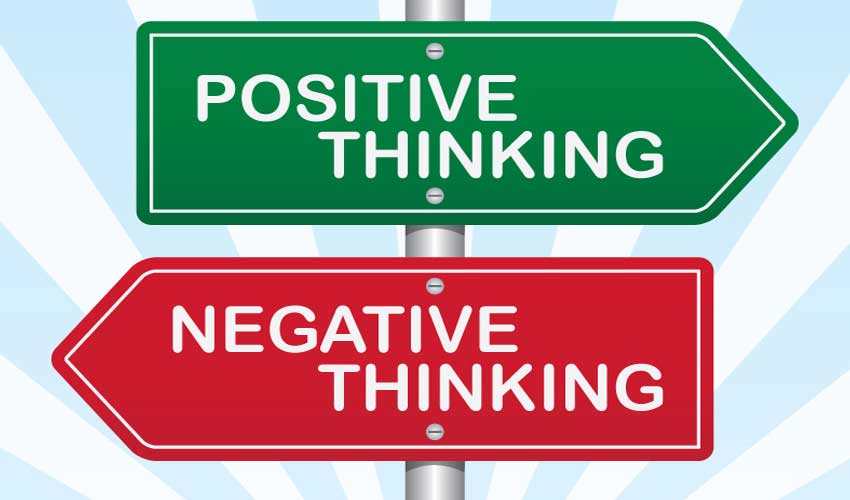Do I have body dysmorphia? Take our quiz
Officially referred to as body dysmorphic disorder, or BDD, this chronic mental condition is characterized by obsessive thinking about a flaw on a specific part of your face that is often imagined or exaggerated in one’s mind. While the flaw may be nonexistent or unnoticeable to anyone else, it can consume the individual’s thoughts and mind. So, if you’re wondering, “Do I have body dysmorphia?” or “How do I know if I have BDD?”, take our body dysmorphia test below.
Those who live with body dysmorphia may go to great lengths to try and cover the perceived flaw or develop unhealthy routines or rituals. For instance, they may constantly pick at their skin or look in a mirror. Eventually, they obsess over their appearance to the point that their social, professional, and personal lives suffer.
If you or a loved one are experiencing warning signs or symptoms of body dysmorphia, take our quiz below. Based on typical screening questions, our body dysmorphia test will provide you with a fairly accurate understanding of your current situation and whether or not your symptoms coincide with those that are common with BDD. Do note that it’s important to not use the results of this body dysmorphia quiz as an official diagnosis. Instead, discuss the results with the team of specialists and medical professionals, such as those at Eating Disorder Solutions in Dallas, TX.
Get Help Now
Eating disorders are treatable. Call us now to begin your journey to a happier, healthier you!
855-808-4213
Request a Call
Request a free consultation from an Eating Disorder Coordinator.
Understanding Body Dysmorphia
Eating disorders and BDD both involve a debilitating concern with body image. The difference, though, is that individuals with eating disorders worry about the shape of their bodies and how much they weigh. Those with body dysmorphic disorder develop anxiety about specific body parts, such as:
- Acne or other blemishes
- Breast and buttock sizes
- Genitalia size or shape
- Lack of hair
- Muscle tone and size
- Nose size and shape
- Scars and wrinkles
Hard to resist or control, people struggling with body dysmorphia can hardly focus on anything but their imperfections. Over time, it can lead to low self-esteem and depression. It may be hard to identify these signs in a loved one as they will often take extreme steps to hide their unusual behaviors from missing out on social activities to wearing baggy clothes. Some of the more common symptoms include:
- Camouflaging their perceived imperfection with clothing, makeup, hats, etc.
- Seeking surgery to fix the perceived imperfection
- Checking in the mirror obsessively or avoiding mirrors altogether
- Skin picking
- Excessive grooming
- Excessive exercise
- Seeking many healthcare providers about your looks
- Feeling anxious, depressed, and ashamed about your body
- Changing clothes excessively
Many of these behaviors are compulsive and repetitive in nature as the individual will try to hide or improve their flaws for temporary relief. Symptoms can be crippling, affecting the individual’s work, school, or social life. BDD often starts in the teen years and can continue into adulthood without treatment. Factors that may contribute to an increased risk of this illness include a perfectionist personality type, a traumatic life experience, family history with body dysmorphia or similar mental disorders, and abnormal levels of brain chemicals, specifically low serotonin.

Seek Treatment for BDD at Eating Disorder Solutions
If you’ve noticed the signs of body dysmorphia in yourself or a loved one, don’t ignore your concerns. Take our body dysmorphia test to find out if you should talk to a specialist. Contact Eating Disorder Solutions today for an official diagnosis and to learn more about our treatment options. The sooner treatment begins, the better the chance for recovery.
